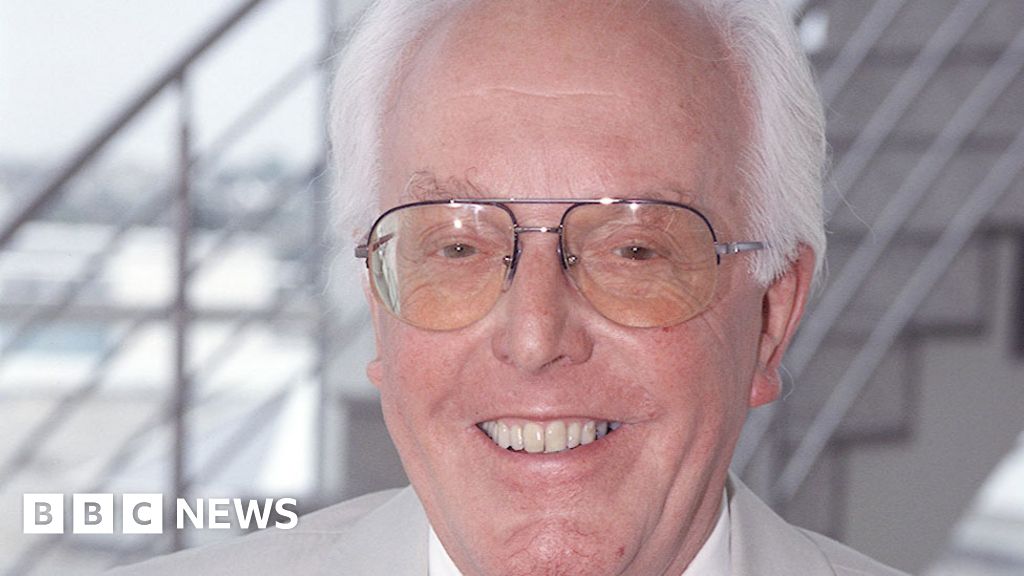Thanks for posting that. Absolutely spot on.Seven years ago, before I got incurable cancer, I would definitely have had said yes but now I would edge towards no. It’s difficult because the outcome could have very real implications for me. My concerns are these:
I don’t really see how the safeguards against bullying will actually work as pressure can be applied in subtle ways particularly when a patient is vulnerable and dependant. In a recent case someone I know with cancer was kept away from their friends and relatives by their partner who did absolutely nothing to give them a life. My friend just gave up and their partner was already planning his new life they were dying.
I am also concerned about the pressure that patients will apply to themselves. I am completely independent but it is quite likely that this will change. How will I cope with seeing myself as a burden? I can get round the 6-month terminal prognosis requirement by simply refusing the treatment that is keeping me alive. Having incurable cancer involves a constant battle to keep my head together; throwing in guilt could make things unbearable. This would be exacerbated if I knew that my death would give children or grandchildren the chance to buy a home.
Finally I am not re-assured by the evidence of Canada and think it could be a slippery slope. In Canada I may well have been offered it already. One of the more alarming things to come out of Covid was the willingness, or even enthusiasm, with which some elements of society were prepared to view the sick or vulnerable as disposable. Eugenics has made a significant comeback over the last 4 years, these days dressed up as wellbeing and anti-vaccination.
I totally respect the motives of the politicians that are advocating for a change in the law and the people on here that support this but, on balance, I am against it.
And, my very best wishes.



